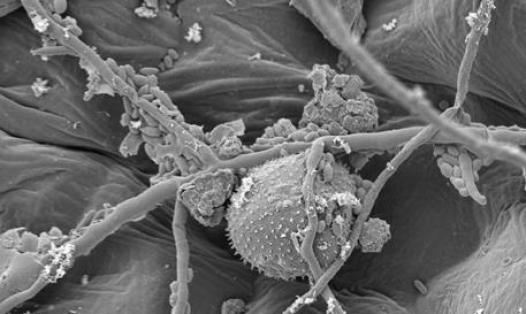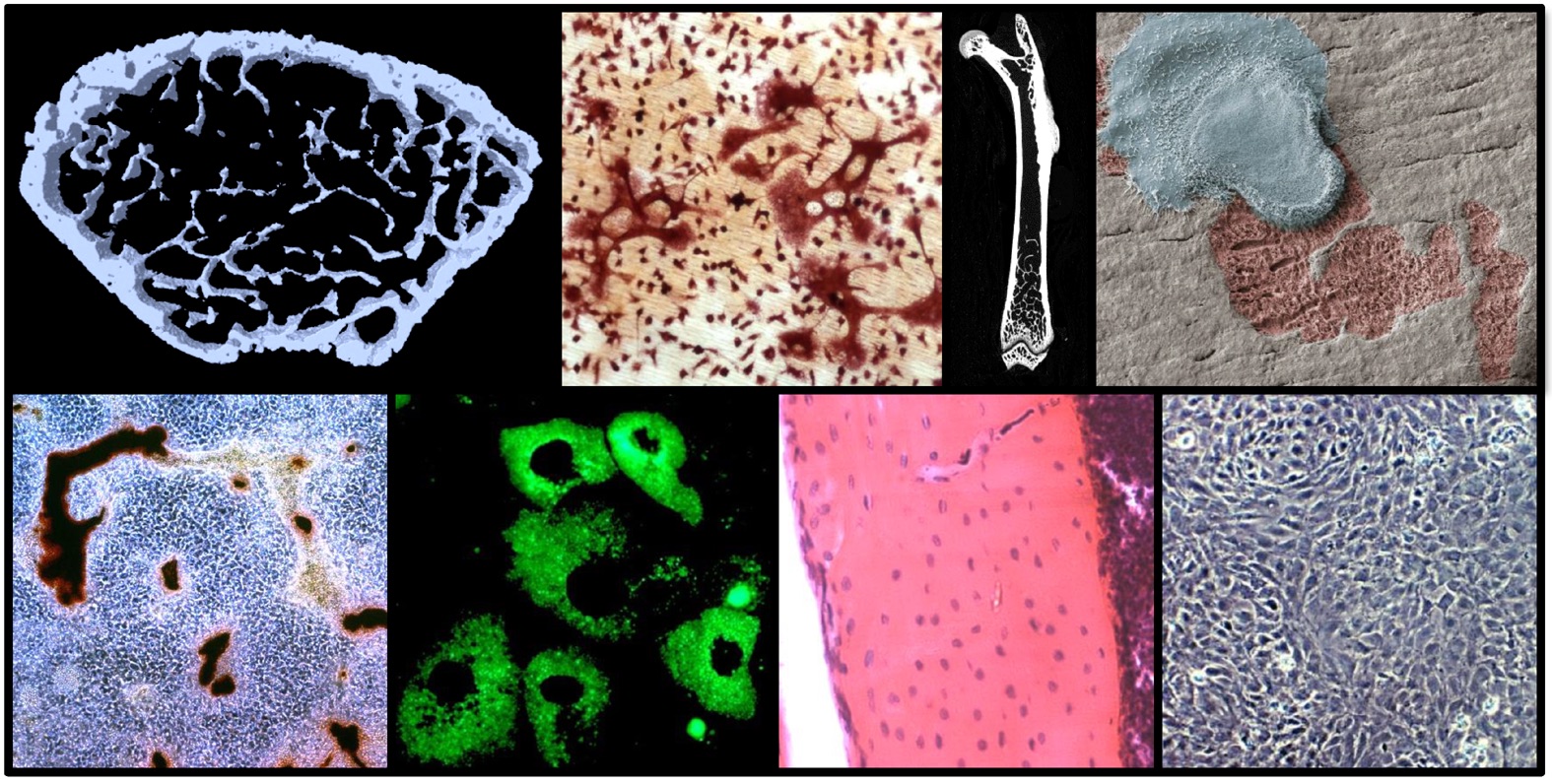


Bone homeostasis reflects the tightly regulated actions of osteocytes, osteoblasts and osteoclasts; dysregulation of these systems can lead to bone disease. Osteoblasts are the bone-forming cells which, when incorporated into bone matrix, can terminally differentiate into osteocytes. Osteocytes, the most abundant cells in bone, form an extensive communication network that plays a central role in regulating bone turnover.
Oxygen tension and pH have a profound effect on bone cell function with hypoxia (≤2% oxygen) and acidosis (≤pH7.0) being implicated in the development of bone diseases such as osteoporosis.
Exosomes are small membrane-bound particles released from cells. They contain a diverse array of signalling molecules (e.g. proteins, miRNAs) and are increasingly being viewed as key mechanism by which cells regulate local extracellular signalling. It is now recognised that exosomes can contribute to the pathogenesis of common bone diseases but the mechanisms involved remain unclear. This multidisciplinary PhD research project will investigate how exosomes released from osteoblasts and osteocytes regulate bone remodelling under normal and stress conditions (e.g. hypoxia, acidosis).